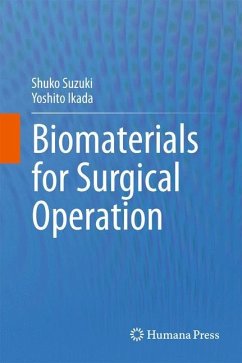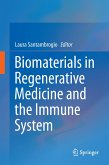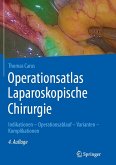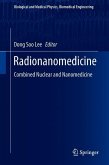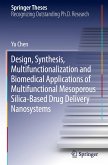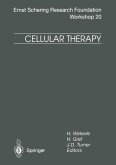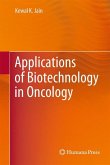Biomaterials for Surgical Operation offers a review of the latest advances made in developing bioabsorbable devices for surgical operations which include surgical adhesives (sealants), barriers for the prevention of tissue adhesion, polymers for fractured bone fixation, growth factors for the promotion of wound healing, and sutures. Over the years, many descriptions of biomaterials have appeared in academic journals and books, but most of them have been devoted to limited clinical areas. This is in marked contrast with this volume which covers a wide range of bioabsorbable devices used in surgery from a practical point of view. The currently applied polymeric devices are critical in surgery, but all involve serious problems due to their poor performance. For instance, fibrin glue, the most widely used surgical sealant, can produce only a weak gel with low adhesive strength to tissues, accentuating the limited effectiveness of current treatment options. Likewise, the currentlyavailable barrier membranes cannot fully prevent tissue adhesion at the acceptable level and are, moreover, not easy to handle with endoscopes due to their poor mechanical properties.
Biomaterials for Surgical Operation is aimed at those who are interested in expanding their knowledge of how the problems associated with the currently used devices for surgical operation can be solved. It primarily focuses on the absorbable biomaterials which are the main components of these medical devices.
Biomaterials for Surgical Operation is aimed at those who are interested in expanding their knowledge of how the problems associated with the currently used devices for surgical operation can be solved. It primarily focuses on the absorbable biomaterials which are the main components of these medical devices.
From the reviews:
"This is the first book published on bioabsorbable devices for surgical operations. It systematically describes the most common biomaterials used in surgery. ... This is a good reference for surgical residents, fellows, and young surgeons. ... The book is unique in that it brings together much materials science information found in various places in the medical literature. ... this book will serve as a very valuable reference." (Kent C. Choi, Doody's Book Reviews, July, 2012)
"This is the first book published on bioabsorbable devices for surgical operations. It systematically describes the most common biomaterials used in surgery. ... This is a good reference for surgical residents, fellows, and young surgeons. ... The book is unique in that it brings together much materials science information found in various places in the medical literature. ... this book will serve as a very valuable reference." (Kent C. Choi, Doody's Book Reviews, July, 2012)

